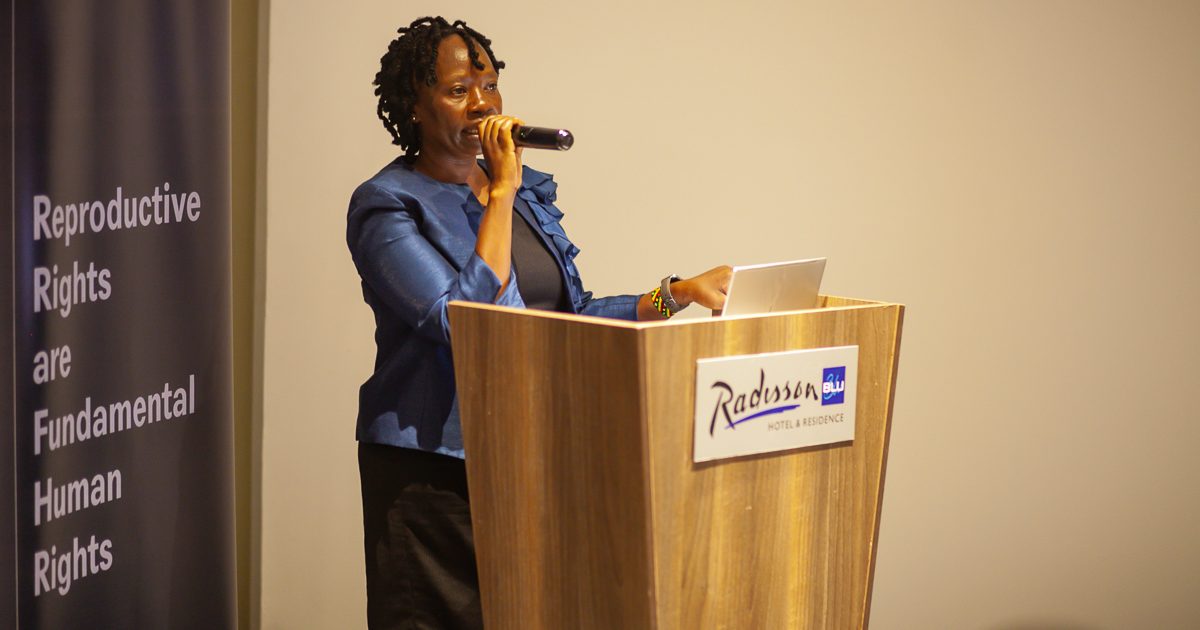A sensitization workshop put together by the Centre for Reproductive Rights (CRR), Reproductive Health Network Kenya (RHNK) and Ministry of Health division of Reproductive and Maternal Health Kenya and partners brought together stakeholders in Nairobi to take stock of triple threats of new HIV infections, gender based violence and adolescent pregnancies in the county and nation at large.
The one day Nairobi meeting looked at legal policy and advocacy work, geared towards enabling access to reproductive health services to pregnant women including adolescents.Meanwhile, concern has been raised by health experts and stakeholders in reproductive health over unfair execution of justice to mothers seeking antenatal care.
The Center for Reproductive Rights uses the power of law to advance reproductive rights to all as one of the fundamental human rights around the world.From the meeting attended by legal minds, civil society, public health officials from Nairobi county and national level, resource persons, media and other interest groups, there arose concern that some national and community justice personnel and systems denied adolescent girls vital ante-natal and sex information, citing age.More disturbing is that boys who impregnate underage girls were taken as offenders while girls were viewed as victims, occasion unjust judgment.
Participants were told that sex is an issue of development and therefore it should never be treated as a criminal act by authorities.An official from CRR observed that adolescents and youth face significant barriers that undermine their sexual and reproductive health rights, including lack of access to comprehensive sexuality education and to essential sexual and reproductive health services.
An advocate working with CRR told the media that enabling girls to make informed and autonomous decisions about their sexuality and reproductive health is critical for fulfilling their human rights and ensuring access to education, economic opportunities, social empowerment and financial independence.
“Denial essential reproductive health care services to adolescent girls is a matter of poverty and social status, not legal-led,” said Martin Onyango, legal strategy head at CRR.
“It is about personal persuasion that some decisions are made by judicial officers and judges…the Constitution is clear that all people are entitled to the best attainable health care standards, and adolescents are not exempt.” The binding resolution that stood out from the workshop is that everyone in personal capacity should be ready to collaborate with other relevant entities to address the worrying trend of triple threat.
By Fred Azelwa.
